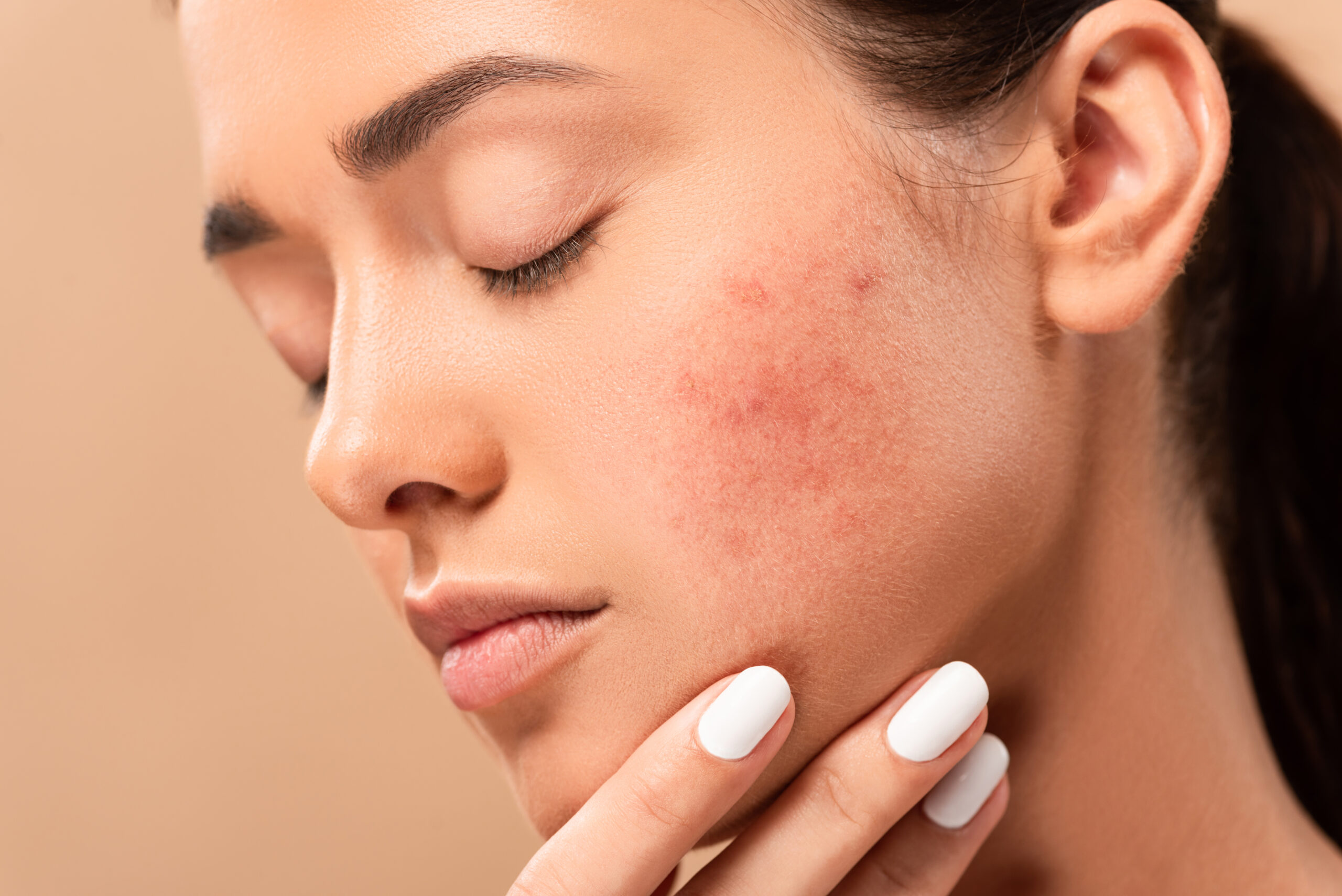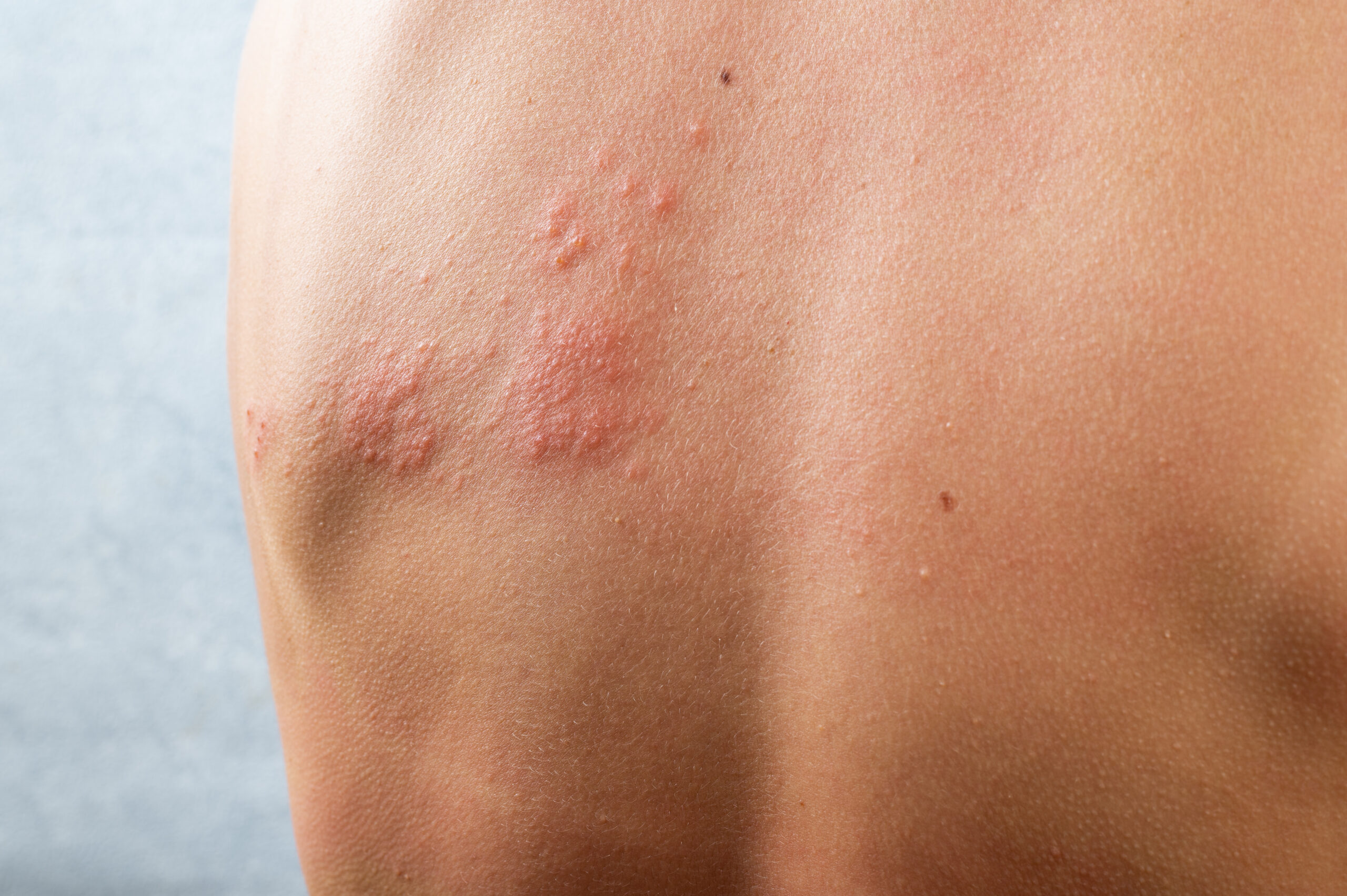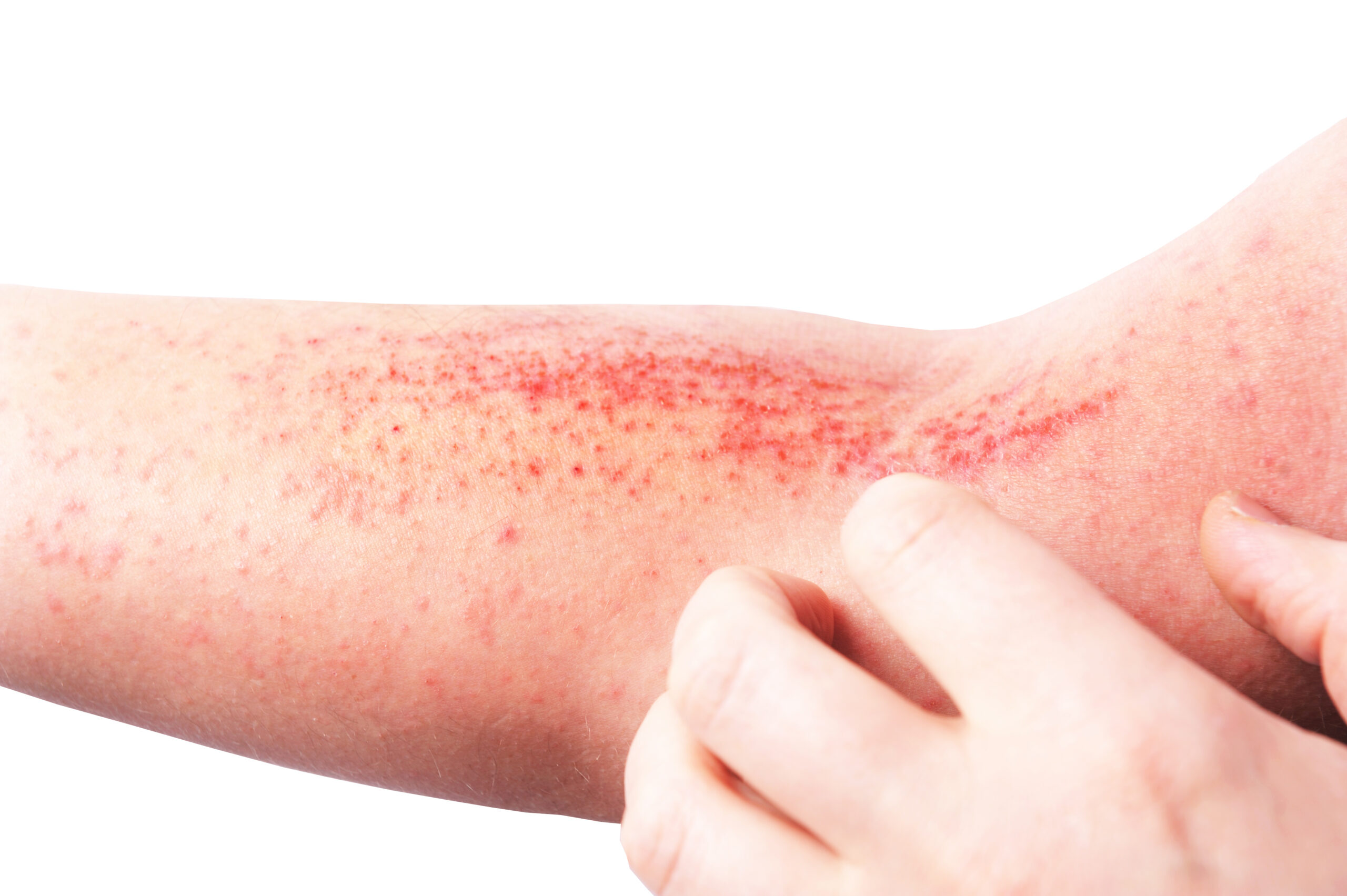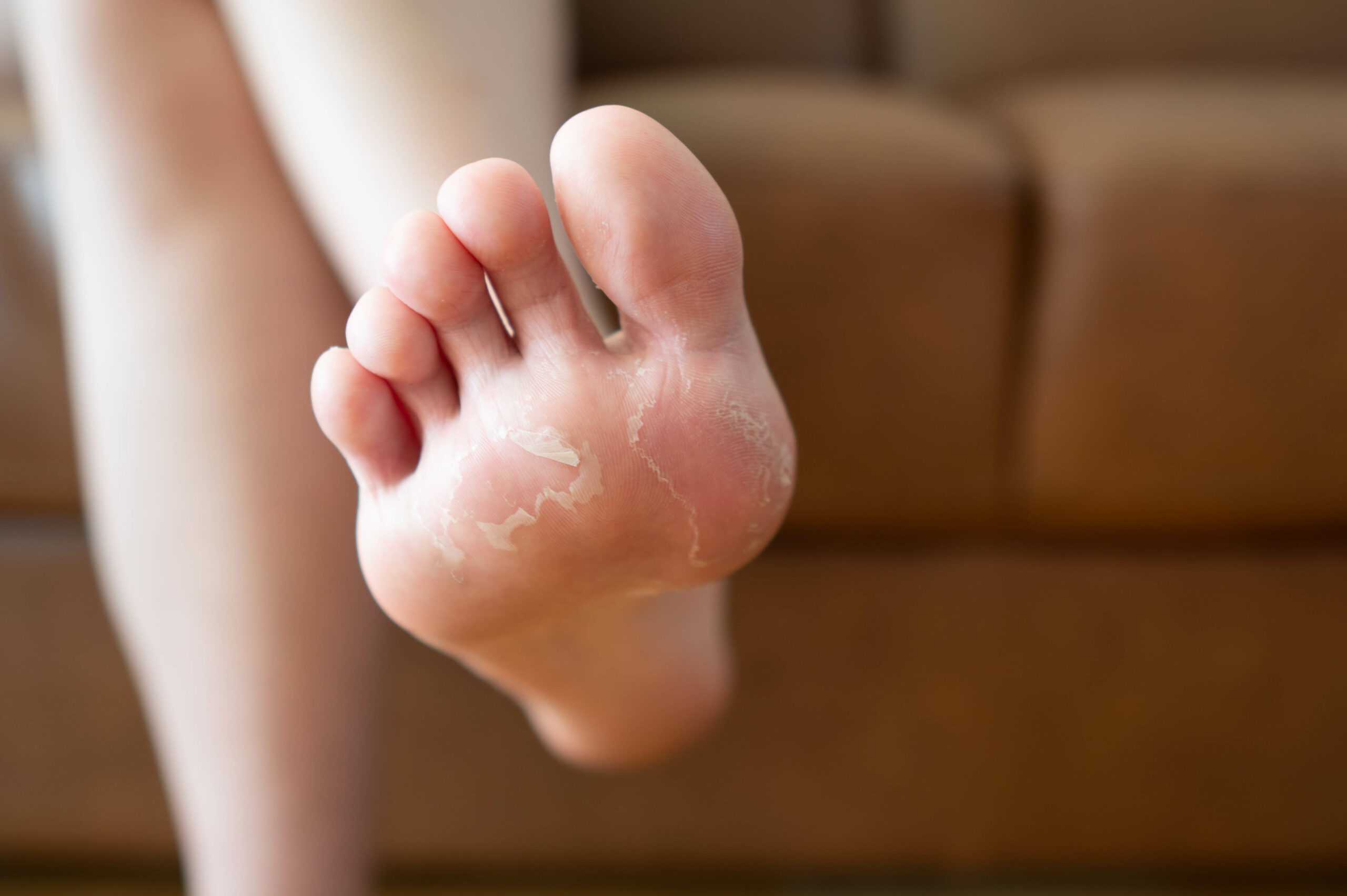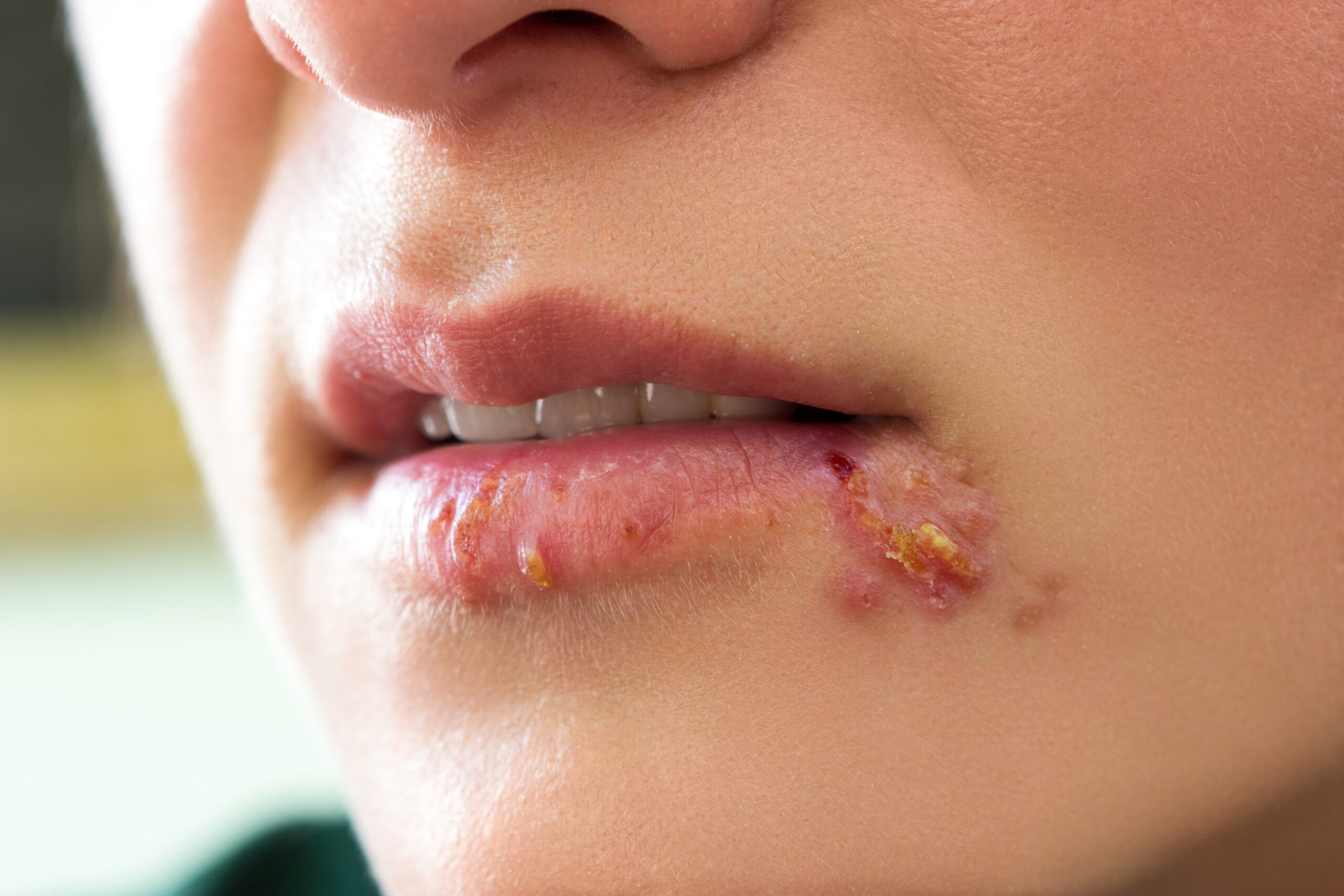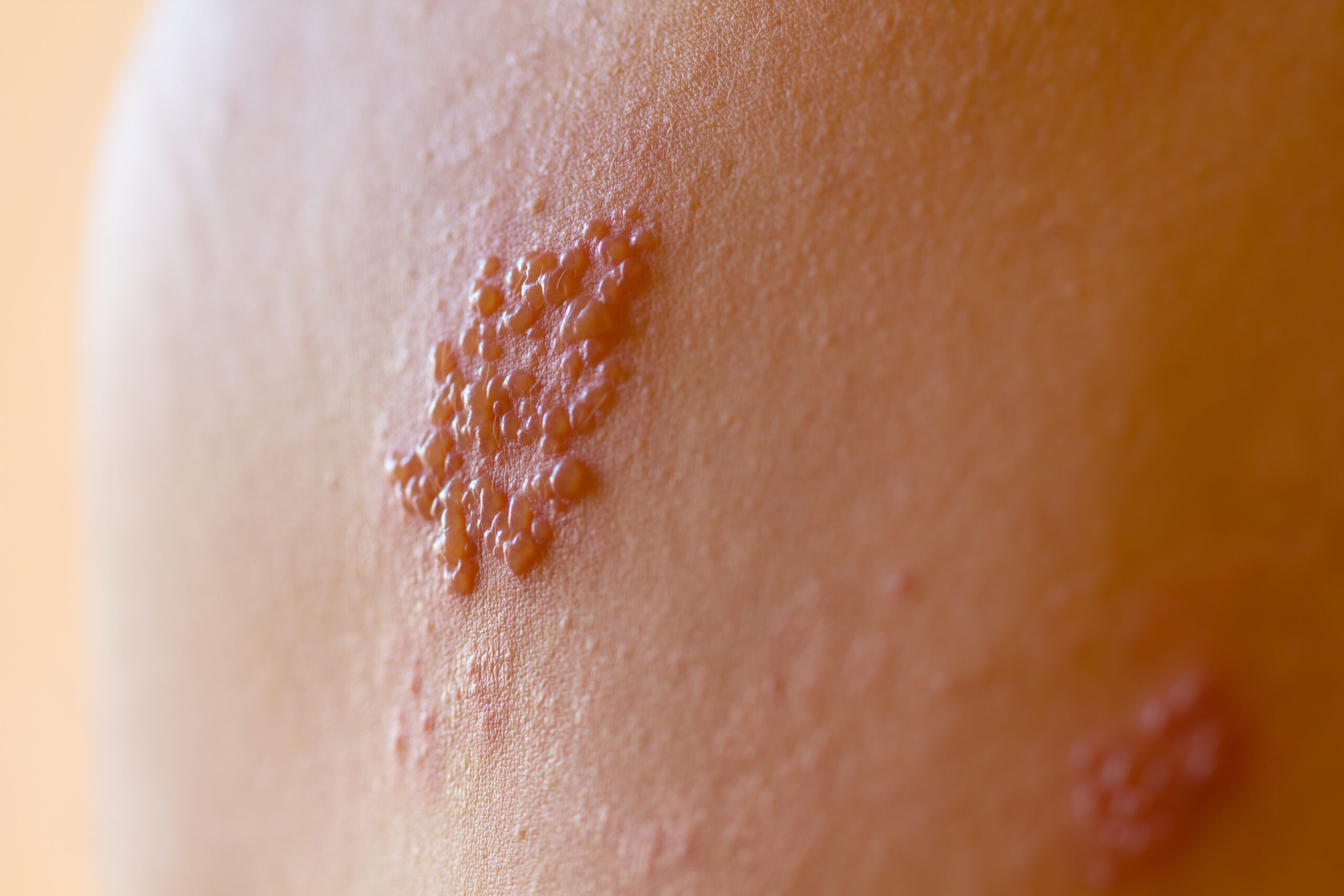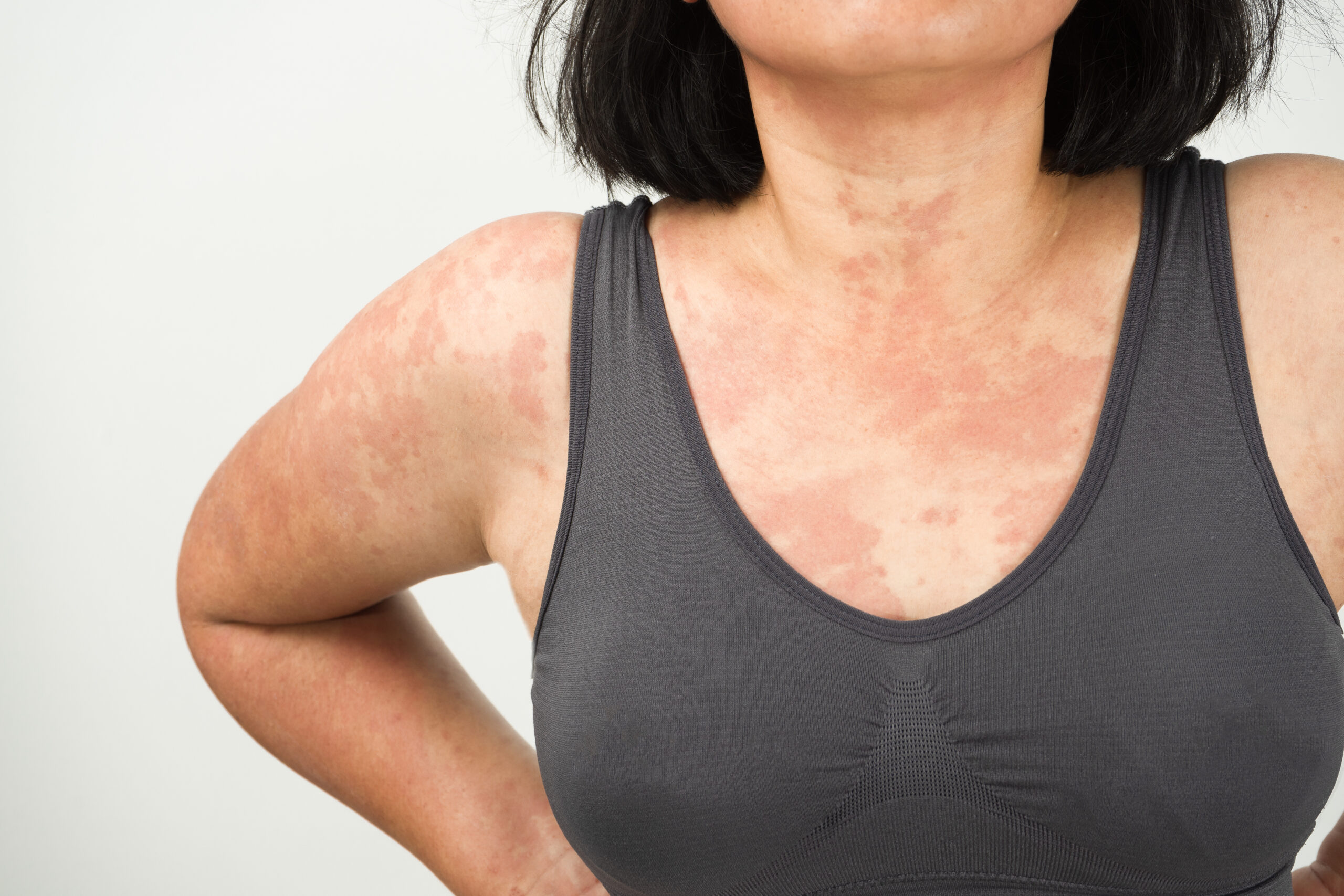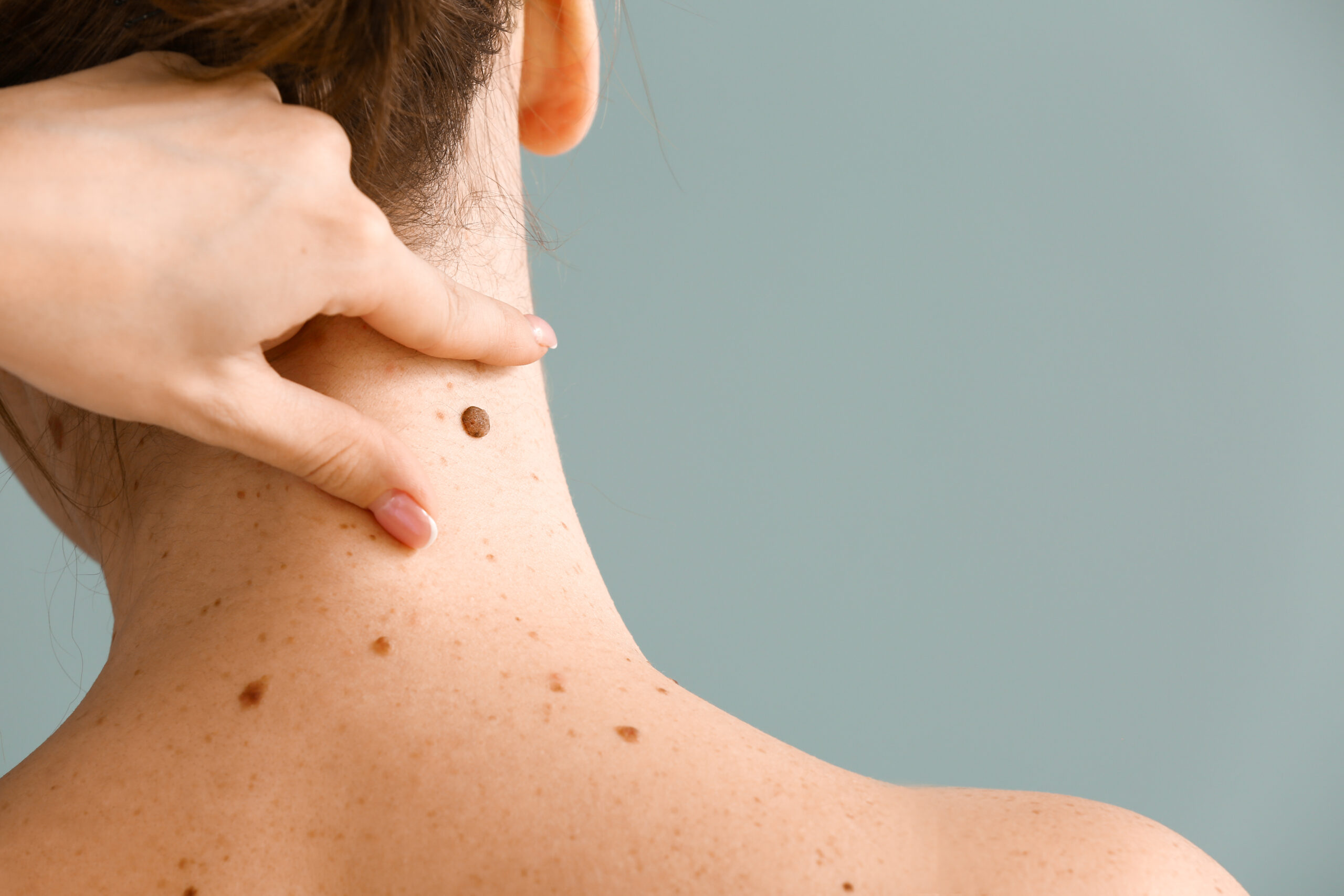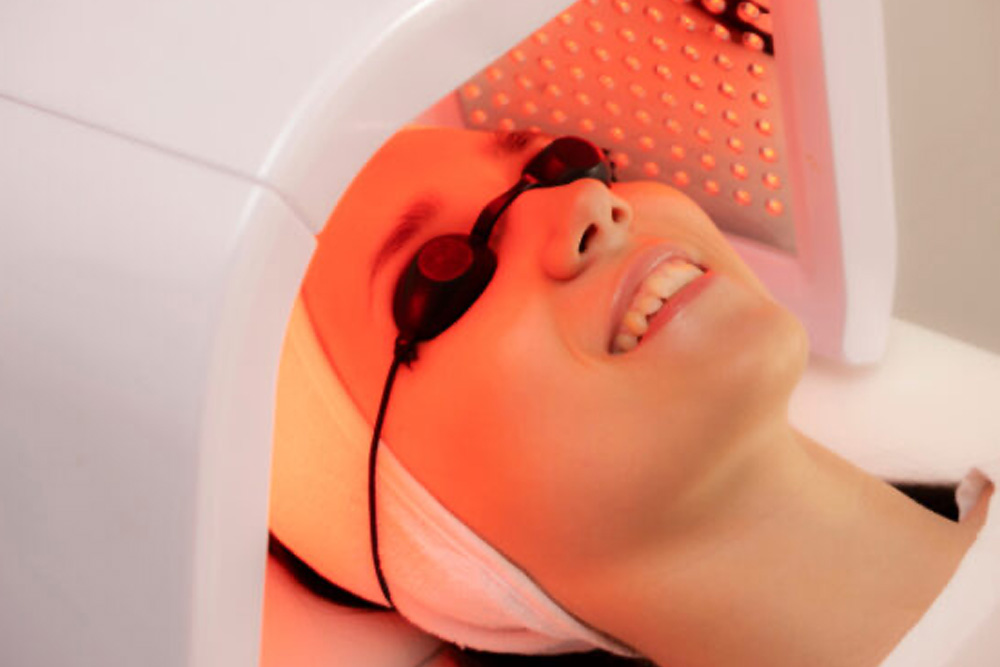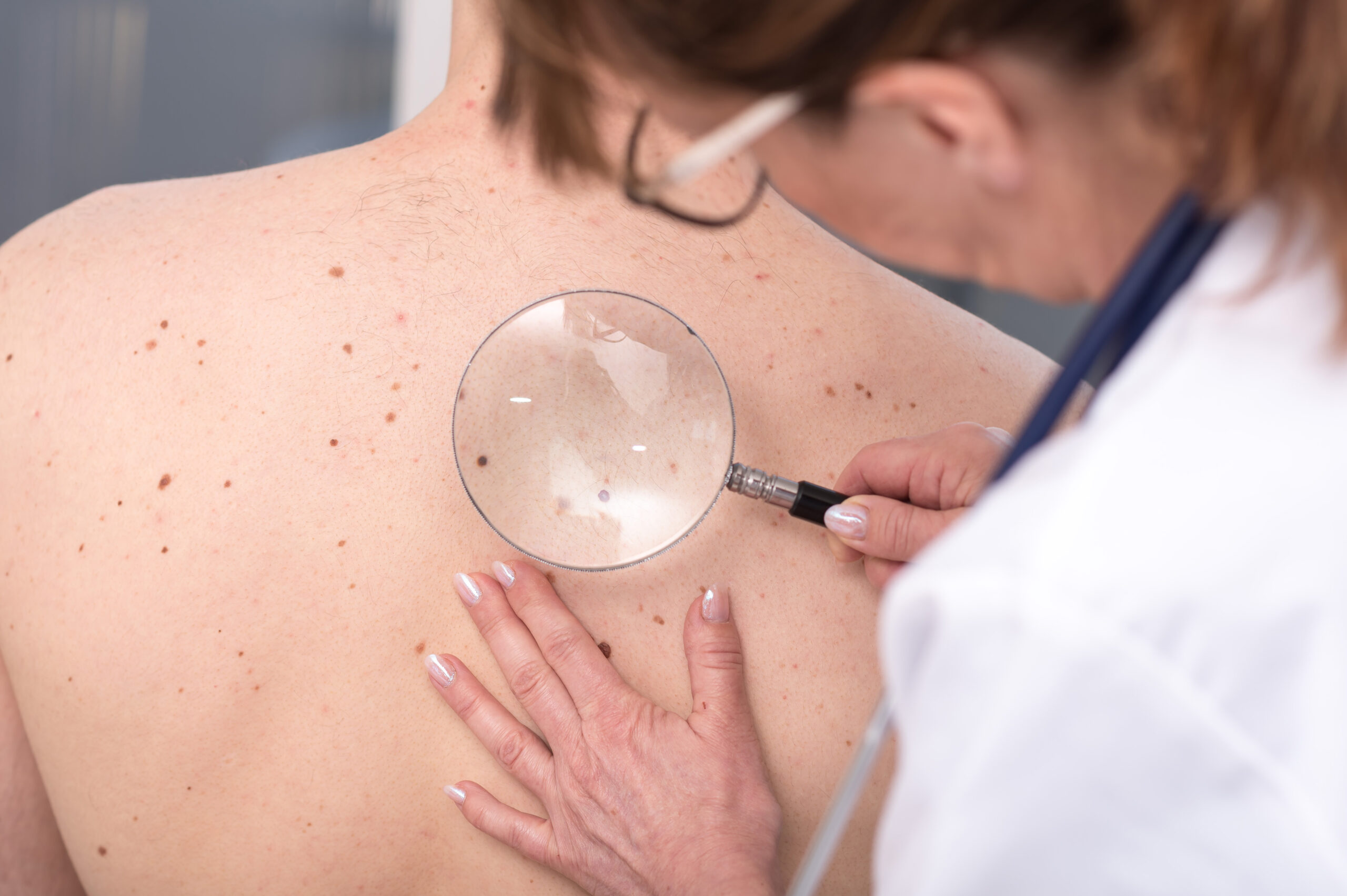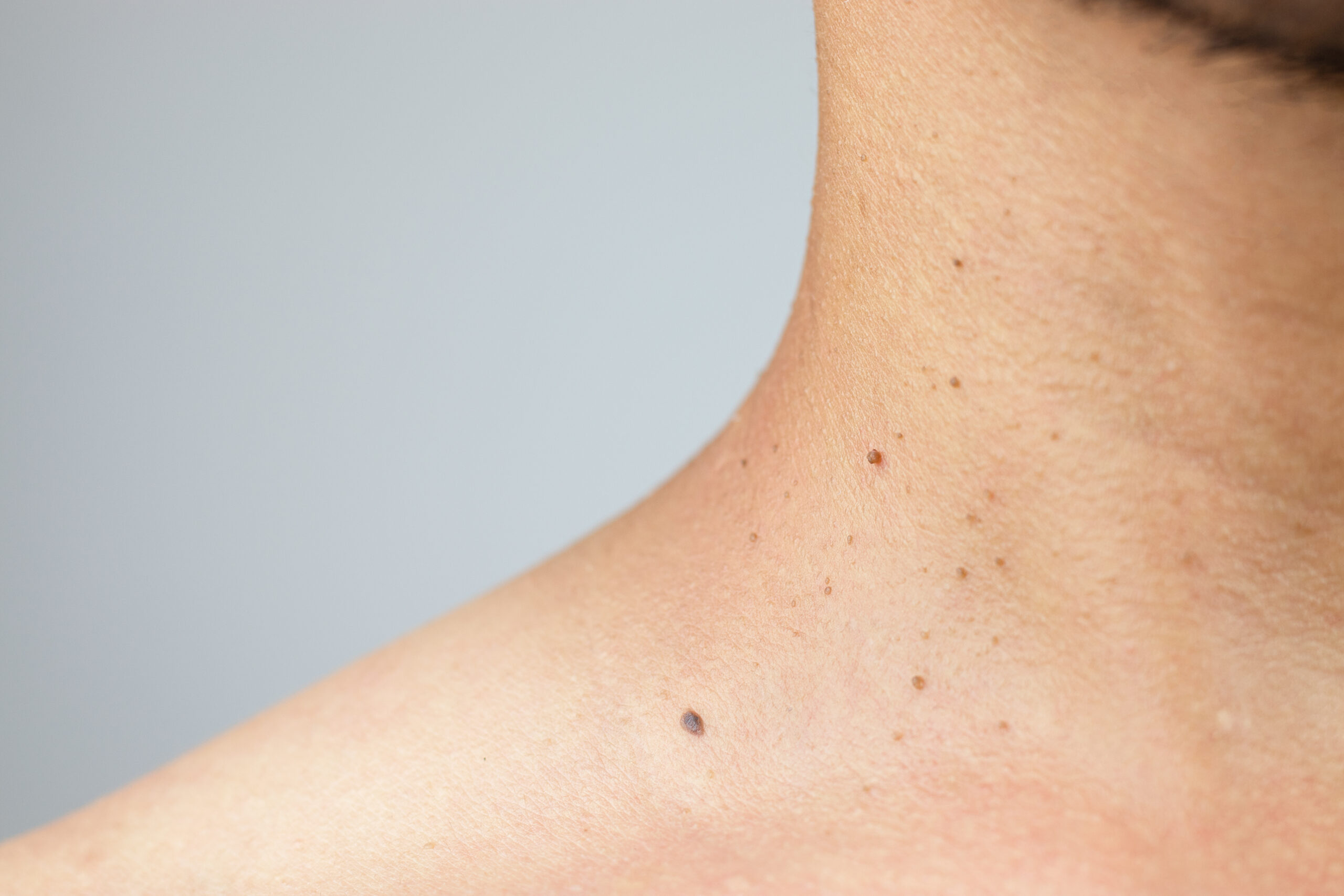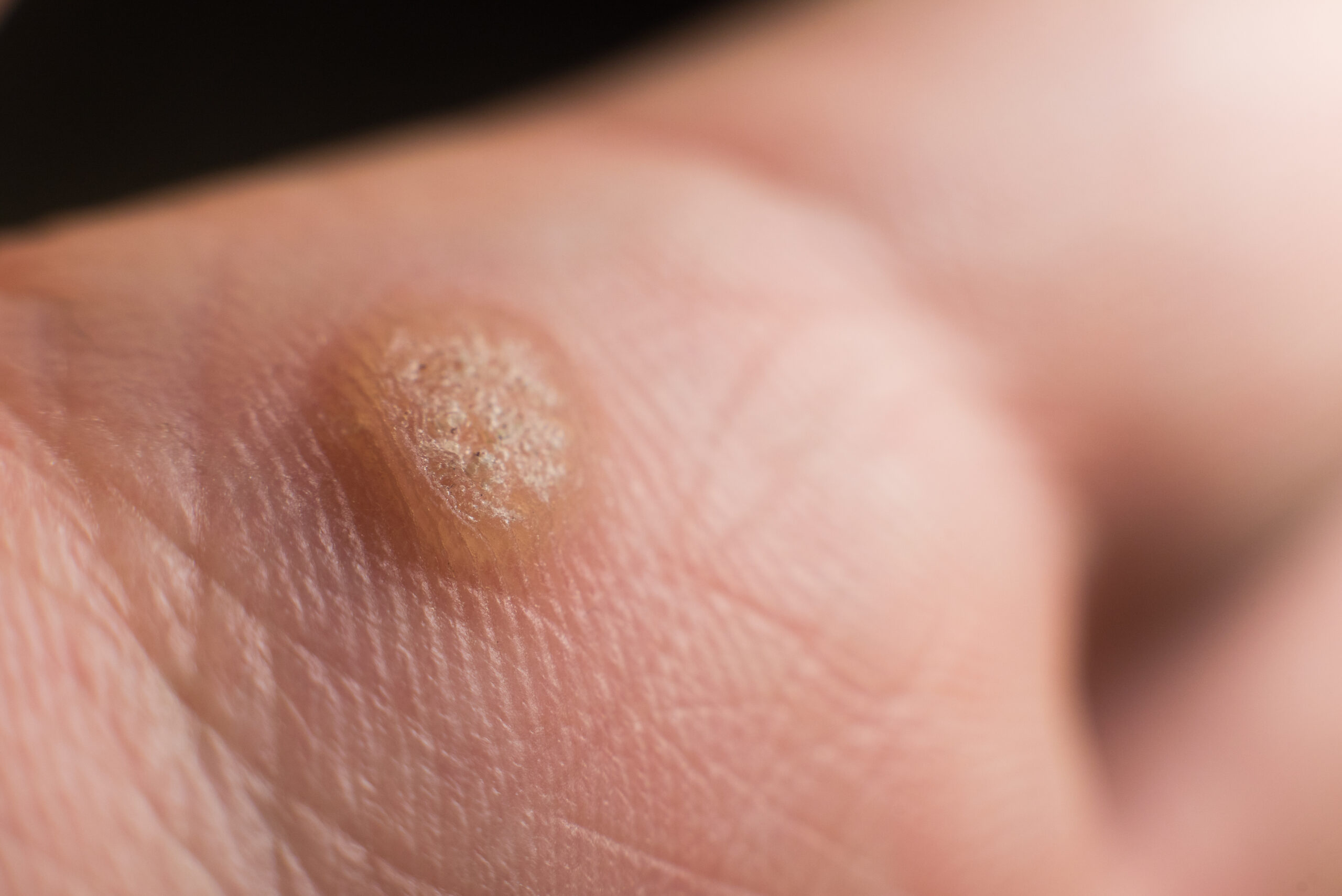Medical Dermatology
Your skin is your body’s largest—and most visible—organ. It protects you from the outside world, but it’s also vulnerable to a wide range of conditions, from chronic rashes to skin cancer. At Westside Dermatology in Seattle, our board-certified medical dermatologists specialize in the diagnosis, treatment, and prevention of both common and complex skin issues. We’re here to help you understand what’s happening with your skin and provide the expert care you need to stay healthy and confident.
General Dermatology
If you can see it, we can evaluate and treat it. Our dermatologists provide care for a wide variety of skin concerns, including:
-
Acne and rosacea
-
Eczema and psoriasis
-
Warts and rashes
-
Allergic skin reactions
-
Hair and scalp disorders
-
Nail conditions
We treat patients of all ages with a thoughtful, evidence-based approach tailored to your unique skin type and health history.
Full-Body Skin Exams
We recommend annual skin exams for all patients, in line with guidance from the American Academy of Dermatology (AAD). Early detection of skin cancer is key—when caught early, most forms are highly treatable. Our providers are trained to identify concerning spots and guide you through the next steps if follow-up or removal is needed.
High-Risk Skin Cancer Patients
If you have a history of skin cancer, irregular moles, or extensive sun exposure, regular dermatology visits are essential. We offer close monitoring, biopsies, and expert guidance to help you manage your skin health and reduce your risk of recurrence.
Skin Health for All Skin Types
No matter your skin tone or type, you deserve personalized care. All skin types can be affected by conditions like melasma, hyperpigmentation, or even skin cancer. Our team has the expertise to diagnose and treat a wide range of concerns with sensitivity and precision.

Acne
WHAT’S THE CAUSE? Acne is a disorder of the sebaceous glands ("oil glands"). It typically starts when rising hormone levels (especially in teenagers) over-stimulate these glands...
Alopecia (Hair Loss)
What to Know About Alopecia (Hair Loss)The word alopecia means hair loss. Alopecia develops when there are more hairs being lost as compared to the number of hairs growing in. A...
Benign Growth Removal
One common reason for a visit to the dermatologist is to evaluate whether a growth on the skin is benign or malignant. One of the most common benign growths are seborrheic...
Cysts
What to Know About CystsWHAT’S THE CAUSE? A cyst is a closed sac under the skin filled with material. That material may be liquid, soft or hard (calcified and scarred). They can...
Contact Dermatitis
What to Know About Contact DermatitisDermatitis and eczema are terms that are often used interchangeably. These conditions can be classified as acute or chronic. Dermatitis is...
Dermatitis
Dermatitis is a general term that describes an inflammation of the skin. Dermatitis can have many causes and occurs in many forms. It usually involves an itchy rash on swollen,...
Dandruff
Dandruff is a common scalp condition in which small pieces of dry skin flake off of the scalp. If you have dark hair or you’re wearing dark colors, you may notice the flakes in...
Excessive Sweating (Hyperhidrosis)
What to Know About Excessive Sweating (Hyperhidrosis)Treating Excessive Sweating Hyperhidrosis, or excessive sweating, is a disorder in which the body produces an excessive...
Fungal Infections
What to Know About Fungal InfectionsFungal infections are caused by fungi. Fungi are widespread in our environment and come from spore bearing plants that have no chlorophyll....
Herpes
What to Know About HerpesTreating Herpes Herpes is an umbrella term for a group of several contagious viral infections. The most common types are known as herpes simplex Type 1...
Herpes Zoster (Shingles)
What to Know About Herpes Zoster (Shingles)TREATING HERPES ZOSTER (SHINGLES) The same virus that causes chickenpox causes herpes zoster or shingles. Once the virus is contracted,...
Hives
What to Know About HivesWHAT’S THE CAUSE? Hives are also known as urticaria, welts, or wheals. Hives are characterized by a red, raised, itchy skin rash. Hives can be caused by...
Moles
What to Know About MolesEvaluating and Treating Moles Moles, or nevi, are growths on the skin that develop when pigment cells (melanocytes) grow in clusters. Most adults have...
Photodynamic Therapy (PDT)
What is Photodynamic Therapy? Photodynamic Therapy is a specialized treatment used to kill precancerous cells for patients diagnosed with actinic keratoses. Like other types of...
Skin Cancer
What to Know About Skin Cancer OverviewTreating Skin Cancer One in five Americans will develop some type of skin cancer over the course of their lifetimes. With early detection...
Skin Tags
What to Know About Skin TagsTreating Skin Tags A skin tag is a small flap of tissue that hangs off the skin by a connecting stalk. Skin tags are not dangerous. They are usually...
Sun Damage
What to Know About Sun DamageSun damage can lead to a number of serious skin diseases. If you notice signs of sun damage, make an appointment today to learn how to protect your...
Warts
What to Know About WartsTREATING WARTS AND MOLLUSCUM Warts are a common skin infection. They are caused by the human papillomavirus (HPV). This virus gains entry to the skin...

